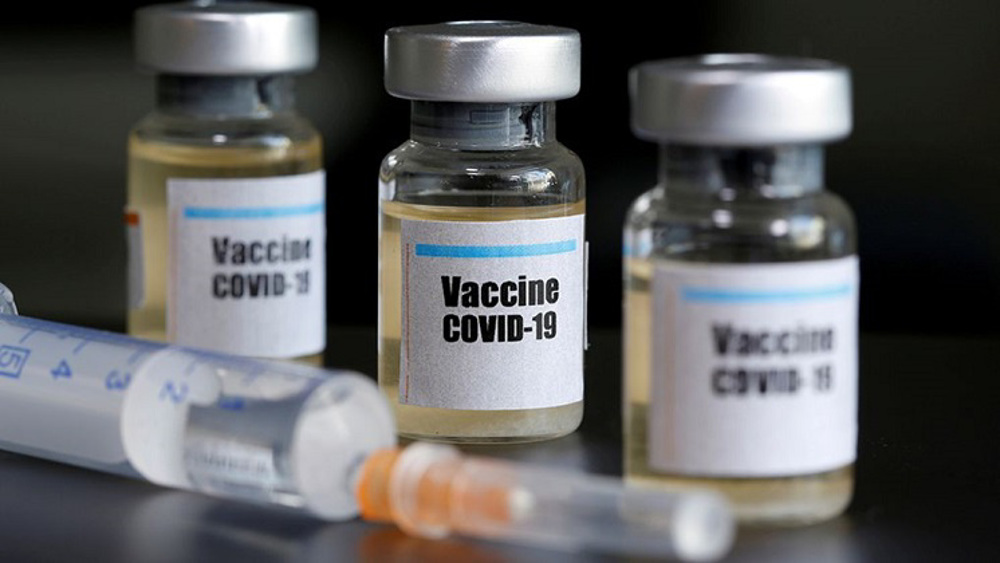Concerns mount over UK's mass Covid-19 vaccination program
As the pandemic rages in the UK, driven for the most part by the new coronavirus variant, popularly referred to as the “British Virus”, the British government has been at pains to showcase its success in rolling out a mass vaccination program.
Prime Minister, Boris Johnson, claimed on Monday (January 11) that 2.4 million people had been vaccinated against Covid-19, with “roughly” 40 percent of the “80-year-olds” already covered.
But how safe is the UK’s vaccination program, especially in the light of earlier concerns by both the United States and the European Union (EU) about the UK having rushed into the program without adequate safeguards.
Currently the UK is using three different vaccines to ostensibly protect its entire population against the scourge of the coronavirus.
In this article we look at each vaccine individually with a view to highlighting hidden or under-reported dangers.
Oxford AstraZeneca: A crowning British achievement?
Of the three vaccine types currently in use by the National Health Service (NHS), only the Oxford AstraZeneca vaccine can be described as truly British, albeit with a Swedish dimension.
In May 2020, a CNN report described the Oxford Vaccine Group as being “the most aggressive in painting the rosiest picture” of its product.
It is worth noting that during the first clinical trial for the so-called Oxford vaccine back in April, researchers gave new volunteers acetaminophen (used for pain relief and fever reduction) every six hours for 24 hours after the injection.
This blunting effect may have obscured or diminished the vaccine’s full impact on the health of the volunteers.
Interestingly, the acetaminophen was not featured in the Oxford group’s marketing and no serious discussion of its potential impact or importance has featured in the British media.
In addition, in another major trial of the Oxford vaccine, involving 10,000 people, participants were disbarred from testing if they had an allergy or condition that could be made worse with acetaminophen.
Therefore, it is clear that the first people to receive the Oxford vaccine were carefully selected to be the least likely to experience a negative reaction to not only acetaminophen but potentially to the vaccine itself.
Furthermore, in a follow-up study around one-third of people vaccinated with the Oxford vaccine without acetaminophen experienced moderate or severe chills, fatigue, headache, malaise, and/or feverishness.
Close to 10 percent had a fever of at least 100.4 degrees Fahrenheit, and just over one-fourth developed moderate or severe muscle aches.
The AstraZeneca Group has announced that its vaccine is 70 percent effective, but a major dosing error during the trials may have affected the overall efficacy.
Some clinical trial participants were mistakenly given half a dose rather than a full dose in their first round of shots.
Moreover, in a controversial finding, researchers discovered that those who were given the weaker dosage produced a better immune response.
Another potential problem revolves around claims by a participant in AstraZeneca's COVID-19 vaccine trial in India that he experienced an adverse reaction after receiving a shot of the vaccine at the final stages of the testing process.
Worries over Pfizer-BioNTech and Moderna
Whilst neither the Pfizer-BioNTech nor Moderna vaccines are British made, the former has already been extensively deployed by the NHS and Moderna is expected to be rolled out in the coming days.
The side effects for Pfizer-BioNTech and Moderna vaccines are reported to be redness, swelling or pain around the injection site. Fatigue, fever, headache and aching limbs are also not uncommon in the first three days after vaccination.
The US Advisory Committee on Immunization Practices has advised hospitals they may want to stagger vaccinations among staff in case some feel too unwell to work in the immediate post-vaccination period.
Most ominously of all, it is not yet known if vaccinated people can still transmit the virus, especially if they remain symptomless.
UN chief condemns new Israeli annexation project in occupied West Bank
Araghchi briefs foreign ministers of Turkey, Egypt and S. Arabia on US talks
JD Vance’s Caucasus trip deepens concerns over sovereignty, security and US meddling
VIDEO | Press TV's news headlines
Thousands rally in Australia against Israeli president's visit as police use pepper spray
Child among four killed as Israel attacks southern Lebanon in ceasefire breach
Russia vows ‘all possible assistance’ to Cuba as US squeezes oil supplies
Hezbollah leader: Israel‑US aggression is Lebanon’s main challenge













 This makes it easy to access the Press TV website
This makes it easy to access the Press TV website